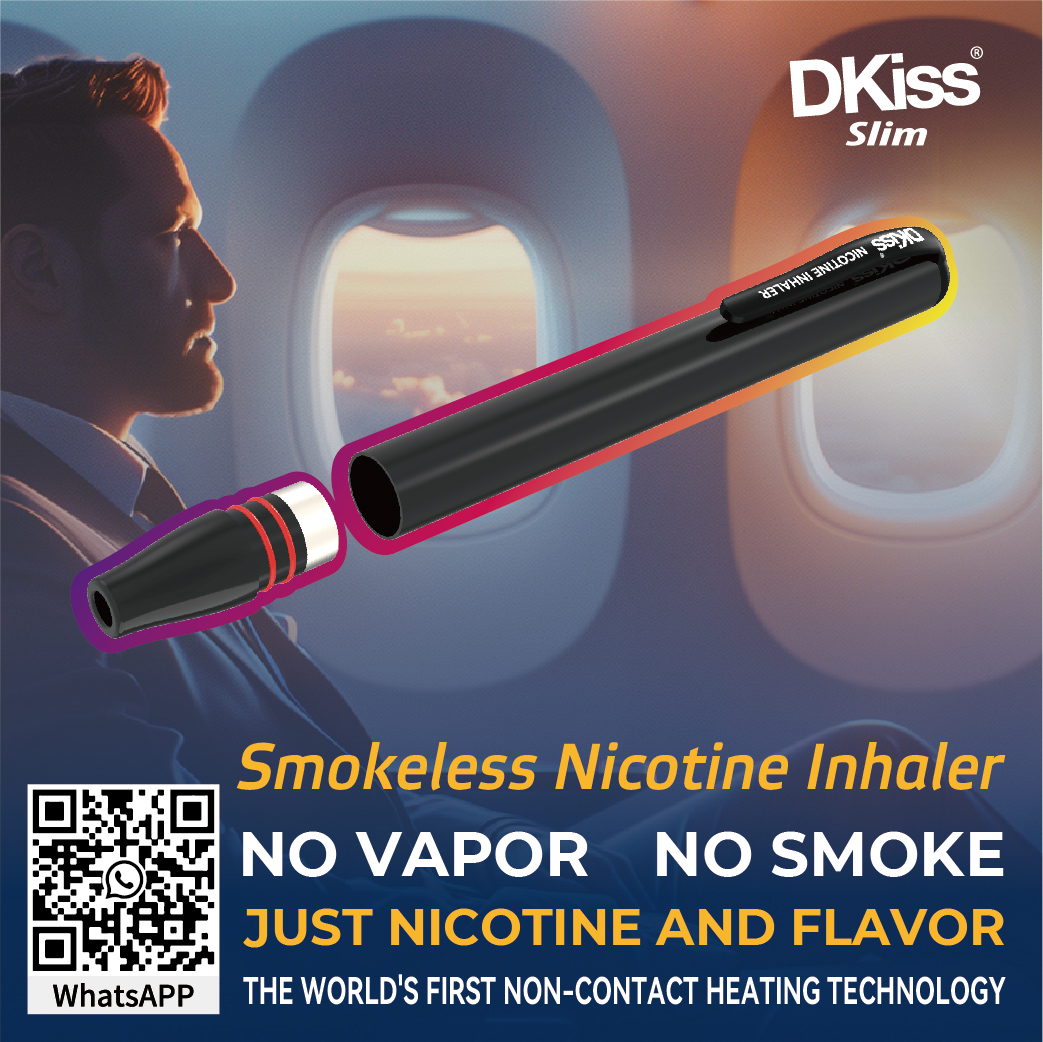THR Group Asks Kazakhstan to Reassess Policies
- Harm Reduction
- November 18, 2024
- 4 minutes read

Credit: Zero Photo

The Coalition of Asia Pacific Harm Reduction Advocates (CAPHRA) today called on the government of Kazakhstan to reassess its stance on tobacco harm reduction (THR) products, citing compelling evidence from Japan demonstrating the significant health and economic benefits of embracing safer alternatives to smoking.
A recent study published in the journal Healthcare reveals that if 50 percent of smokers in Japan switched from combustible cigarettes to heated tobacco products (HTPs), it could prevent 12 million patient cases and save JPY 454 billion in healthcare costs. This data underscores the immense potential of THR strategies in countries with high smoking rates.
Nancy Loucas, the executive coordinator of CAPHRA, stated that the Japanese example clearly illustrates that HTPs can be an effective harm reduction tool in nations where smoking prevalence remains high, and other safer nicotine products are unavailable.
“Kazakhstan, with its significant gender disparity in smoking rates and tobacco-related health issues, could greatly benefit from adopting a more progressive approach to THR. Kazakhstan’s current policies treat all nicotine products, including less harmful alternatives, the same as traditional cigarettes,” Loucas explains in an e-mailed release. “This approach, coupled with the recent ban on vapes and high taxes on smokeless alternatives, demonstrates a concerning lack of acceptance for harm reduction strategies.
“By ignoring the potential of THR products, Kazakhstan is missing a crucial opportunity to save lives,” Loucas added. “Our analysis suggests that embracing harm reduction policies could prevent 165,000 premature deaths in Kazakhstan over the next four decades.
The government must reconsider its stance for public health, stated Loucas. CAPHRA urges Kazakh policymakers to:
- Review and revise current regulations to differentiate between combustible cigarettes and less harmful alternatives.
- Following Japan’s successful model, the introduction of HTPs should be considered as a harm reduction tool.
- Engage with public health experts and THR advocates to develop evidence-based policies.
- Implement a tiered taxation system encouraging smokers to switch to less harmful products.
“The time for Kazakhstan to act is now,” Loucas stated. “By embracing tobacco harm reduction, the country can significantly improve public health outcomes, reduce healthcare costs, and potentially narrow the life expectancy gap between men and women. We stand ready to support Kazakhstan in developing and implementing effective THR policies.”

